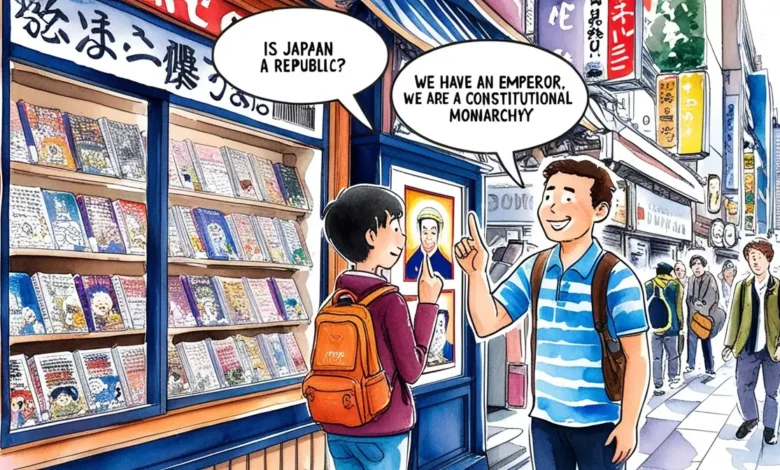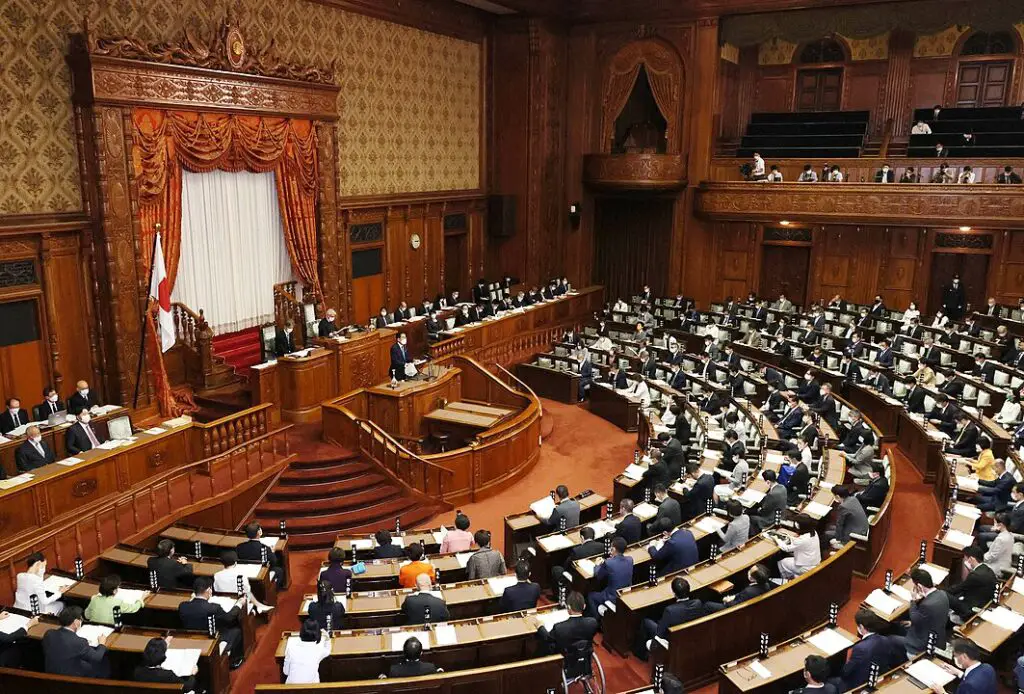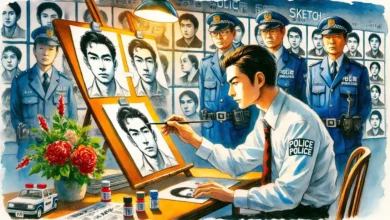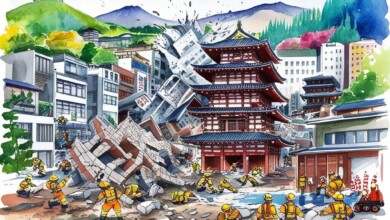Is Japan a Republic? What You Need to Know

Japan is one of the most fascinating countries in the world, with a rich history and unique culture. But when it comes to its government, many people wonder: Is Japan a republic? In this blog post, we will explore the answer to this question and provide some context about Japan’s political system.
What is a Republic?
A republic is a type of government. The word comes from Latin, ‘res publica’, which means ‘public affair’. In a republic, the people have power. They use this power by choosing representatives. This is different from a monarchy or dictatorship, where the leader isn’t chosen by the people.
In a republic, the representatives might be chosen by the people. But this isn’t always the case. In today’s republics, the power belongs to the people. But, who counts as ‘the people’ has changed over time.
Now, let’s talk about democracies. In a democracy, the people also have power. But they use it through representatives. So, a republic can also be a type of democracy. But, it’s not a monarchy because the leader isn’t from a royal family.
Today, people use the words republic and democracy to mean the same thing. But, they used to be different. A republic has rules and practices that guide how it works. This helps it not to be swayed by popular opinion.
This fits well with democratic ideals. In a democracy, everyone’s voice can be heard through their elected representatives. This is how republican principles and democratic values work together. They help create policies that reflect what everyone wants, but also follow the rules.
Japan’s Political System
Japan’s government is a mix of a monarchy and a parliamentary system. The Emperor is like a figurehead, while the real power is with the elected officials.
Japan’s National Diet is their law-making body. It has two parts: the House of Representatives and the House of Councillors. As of 2024, the Prime Minister is Fumio Kishida. Even after some scandals last year, 42% of people still approve of him.
But, the Liberal Democratic Party (LDP), which has been in power since 1955, had a big loss in April 2024. They lost all three seats in special elections. People saw this as punishment for a big money scandal.
Even with these problems, Japan is still a democracy with many parties. People’s political rights and freedoms are usually respected. This means that people can speak their mind and vote for who they want.

Japan’s Government Structure
Japan’s government is a blend of old traditions and new ideas. It’s a constitutional monarchy, meaning the Emperor is like a symbol for the country. But, the people who are elected have the real power.
The National Diet is where Japan makes its laws. It has two parts: the House of Representatives and the House of Councillors. They make laws, decide how to spend money, and agree on treaties.
The Prime Minister is picked from the Diet. He’s the main leader, and he works with other ministers. They make sure everything in the government works well. This system makes sure power and responsibility are shared.
Japan’s courts work on their own. The Supreme Court is the top court. It makes sure everyone follows the Constitution. The executive, legislative, and judicial branches all work together. This keeps Japan’s government steady and reliable.

The Role of the Emperor
In Japan, the Emperor’s job is mostly symbolic. He doesn’t have any real power in the government or military.
After World War II, in 1946, Japan got a new Constitution. It says the Emperor is a symbol of the country and its people. But, he doesn’t have any powers related to the government. He does things related to the state, as the Constitution says.
In the past, Emperors were seen as living gods. They were thought to be descendants of the Shinto god Amaterasu. But since World War II, the Emperor’s job has been mostly symbolic.
Even though the Emperor doesn’t have political power, the monarchy is still important. It gives prestige and legitimacy to the rule of others. The Emperor’s role shows how Japan can balance tradition with the needs of a modern democratic society.
How Has Japan’s Government Evolved Over Time?
Japan’s government has changed a lot over time. Before 1868, Japan had a feudal system. This means a few powerful families were in charge. But in 1868, something called the Meiji Restoration happened. This changed the government to a constitutional monarchy, which is a type of government where a king or queen is the head of state, but the real power is held by a constitution.
After World War II, Japan changed its constitution again. The new constitution said that Japan would not go to war. It also focused on human rights and democracy. Today, Japan’s government is very stable and works well. People trust the government a lot.

Elections and Political Parties
Elections and political parties are very important in Japan. The Liberal Democratic Party (LDP) is the main party. It has been in power since 1955.
But in April 2024, the LDP had a big loss. They lost all three seats in special elections. People saw this as punishment for a big money scandal.
Even with this loss, the LDP and its partner Komeito won 293 seats in the 2021 general election. This was more than the 244 seats they needed for a majority. So, the LDP still has a lot of power in the House of Representatives.
Japan is a democracy with many parties. People’s political rights and freedoms are usually respected. The other parties are divided, which makes it hard for them to take power from the LDP.
These changes show that Japan’s political climate is changing. There could be big changes in the future.

Epilogue
So, is Japan a republic? Not exactly. But, it does have parts of a republic, like elected officials and a parliament. But really, the most important thing is that Japan is a special and interesting place. It has a lot of history and culture that’s worth learning about.




